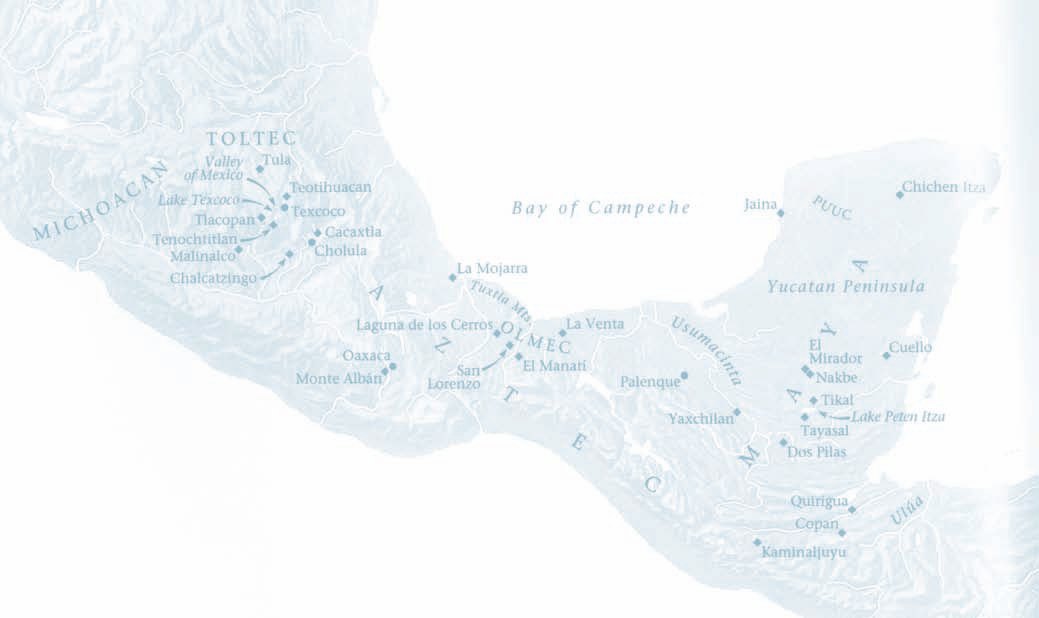Cards In This Set
| Front | Back |
|
Which form of government is best characterized
by one-party rule, censorship, and the use of
terror to maintain power?
(1) feudal
(2) limited monarchy
(3) parliamentary democracy
(4) totalitarian
|
4. totalitarian
|
|
The term subsistence farming is best defined as
(1) redistributing farmland
(2) producing only enough crops to meet family
needs
(3) irrigating farmland
(4) exchanging farm products for money
|
2. producing only enough crops to meet family
needs
|
|
• Separated the cultures of Europe and Asia
• Hindered, but did not prevent, invaders from
entering India
• Terraced to increase food production in South
America
Which geographic feature is being described in
these statements?
(1) river valleys (3) mountains
(2) steppes (4) tundra
|
3. Mountains
|
|
One similarity found in both Egyptian and
Sumerian civilizations is that each developed a
(1) monotheistic religion (3) ziggurat
(2) compass (4) written language
|
4. written language
|
|
Which text is essential to the practice of Islam?
(1) New Testament (3) Torah
(2) Analects (4) Qur’an (Koran)
|
4. Qur'an (Koran)
|
|
The development of the concept of zero, the use
of a decimal system, and the Buddhist cave
paintings at Ajanta are all achievements of the
(1) Inca Empire
(2) Gupta Empire
(3) Roman Republic
(4) Kingdom of Songhai
|
2. Gupta Empire
|
|
Which geographic factor directly influenced the
early interactions between China and Korea?
(1) location (3) arid climate
(2) monsoons (4) tropical savannas
|
1. Location
|
|
What was the most important force in providing
unity and stability throughout western Europe
during the Middle Ages?
(1) church (3) inquisition
(2) nobility (4) military
|
1. Church
|
|
Base your answer to question 12 on the passage
below and on your knowledge of social studies.
. . . As early as the struggle for the steppe he had spread the claim that Heaven had destined him as ruler; members of Mongol trading caravans spread stories intended to cause panic among the local populace; forged letters were fed to Sultan Muhammad which strengthened his mistrust of his Turkic units; freedom of religion was proclaimed; those who offered no resistance were promised that life and property would be spared; terrible destruction was threatened in the event of resistance; bloody examples were designed to spread fear and reduce the populace’s will to resist. . . .
— Paul Ratchnevsky, Genghis Khan: His Life and
Legacy, Blackwell Publishing
12 According to this passage, which Mongol practice
contributed greatly to their success?
(1) nomadic lifestyle
(2) superior horsemanship
(3) psychological warfare
(4) religious conversion
|
3. psychological warfare
|
|
Which revolution in Europe is most closely
associated with the rise of capitalism, the
formation of guilds, and the growth of banking
systems?
(1) Commercial (3) Agrarian
(2) Scientific (4) Glorious
|
1. Commercial
|
|
One way in which 14th-century Mali in Africa and
14th-century Venice in Italy are similar is that both
(1) were land-locked city-states
(2) developed economies based primarily on
agriculture
(3) became wealthy and powerful as a result of trade
(4) were centers for Islamic learning
|
3. became wealthy and powerful as a result of trade
|
|
Base your answer to question 15 on the passage
below and on your knowledge of social studies.
. . . I conclude, therefore, with regard to being
feared and loved, that men love at their own free
will, but fear at the will of the prince, and that a
wise prince must rely on what is in his power and
not on what is in the power of others, and he must
only contrive to avoid incurring hatred, as has
been explained. . . .
15 This passage is most closely associated with the
ideas of
(1) Pope Urban II (3) John Calvin
(2) Niccolò Machiavelli (4) Thomas Malthus
|
2. Niccolò Machiavelli
|
|
What was one cause of the Protestant
Reformation?
(1) revolt by the Moors in Spain
(2) passage of the Act of Supremacy in England
(3) call for the Council of Trent by Pope Paul III
(4) corruption among high officials of the Catholic Church
|
4. corruption among high officials of the Catholic Church
|
|
During the Ming dynasty, why did China stop investing in overseas naval expeditions?
(1) Many foreigners were imitating Chinese culture.
(2) Chinese leaders saw little value in
exploration.
(3) People disagreed with Confucius’s demand for more territory.
(4) Chinese merchants were threatened by foreign competition.
|
2. Chinese leaders saw little value in
exploration.
|
 Which title best describes this map? (1) Mesoamerican Cultural Areas (2) South American Urban Areas (3) Creation of the Spanish Viceroyalties (4) Outposts of the Inca Empire |
1. Mesoamerican Cultural Areas
|



